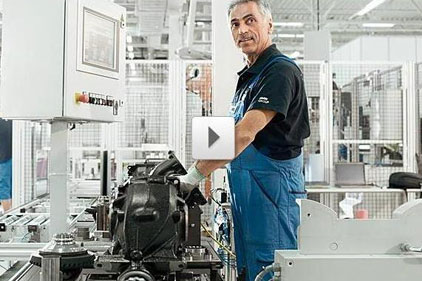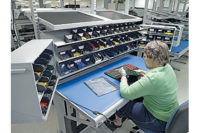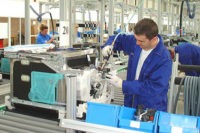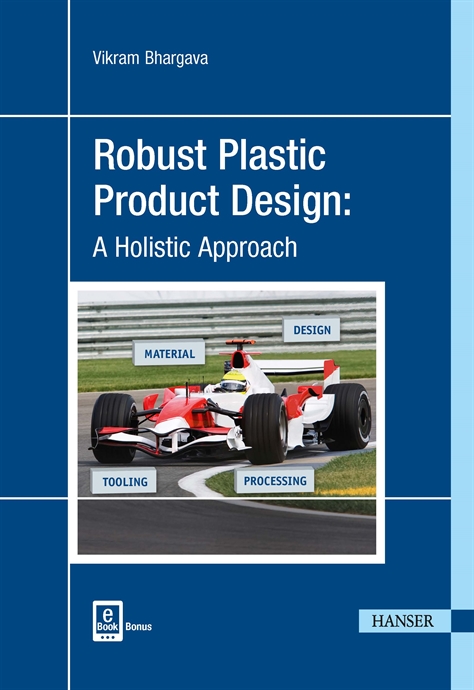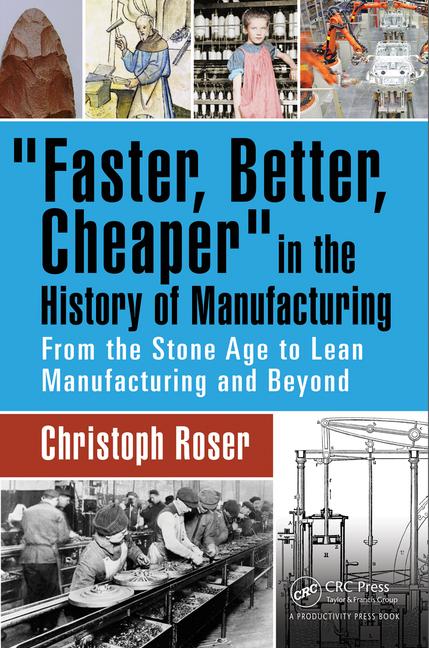Ludwig Lang is more than just as assembler at BMW’s plant in Dolfinging, Germany. He is part of the European Silver Tsunami, or great wave of gray-haired people. By the year 2020, nearly 22 percent of the German population will be older than 65.

|
|
Ludwig Lang has been an assembler at BMW’s plant in Dolfinging, Germany, for more than 40 years. Photo courtesy BMW Group |
Lang has been an assembler at BMW for more than 40 years, but he didn’t think much about how he moved at work until the company began the Today for Tomorrow project in the fall of 2010.
The project involves staffing one assembly line in the Dolfinging plant with workers having an average age of 47. Average age throughout the rest of the plant is 41.
To accommodate the older workers, BMW made nearly 70 small changes on the assembly line at a cost of about $50,000. These include tilted screens, special shoes, elastic flooring, improved lighting and stand-lean stools. BMW also has instituted stress-optimized job rotation and age- and health-appropriate shift plans.
The investment has paid off. Plant productivity has increased 7 percent, and absenteeism on the older-worker assembly line has been below the plant’s average.
Satisfied with the results, BMW has begun the project in other plants, both in Europe and the United States.
Ford Motor Co. in Europe also has taken steps to accommodate older assembly line workers. The company’s most notable change has been the creation of the Happy Seat, which is a swivel chair attached to a rod-shaped suspension.
Used only by older, more-experienced workers, the seat allows them to glide into a car and perform various tasks, such as fitting box pedals, without bending. The seat reduces fatigue and injuries.
Happy seats are currently used by workers at Ford plants in Genk, Belgium; Cologne and Saarlouis, Germany; and Valencia, Spain.
